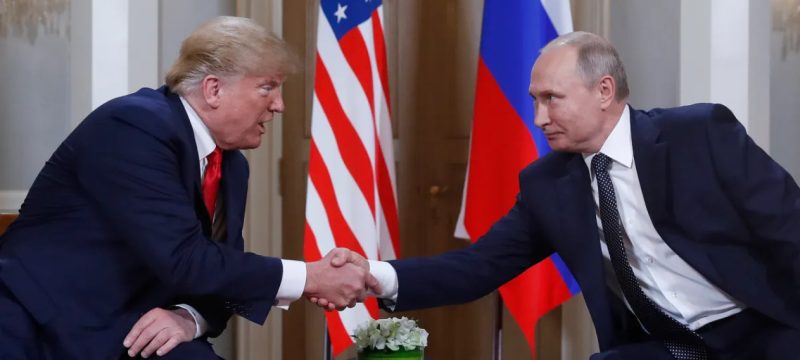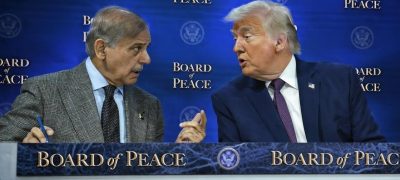As the U.S. presidential election approaches on November 5, the stakes are high not only for American voters but also for foreign powers, particularly Russia. The contest between Democratic nominee Kamala Harris and former President Donald Trump has reignited concerns about Moscow’s involvement in U.S. electoral processes, reminiscent of the contentious elections of 2016 and 2020. Accusations of Russian interference are surfacing once again, drawing close scrutiny from the Kremlin.
Recent reports highlight a surge of disinformation across social media, including a viral video falsely claiming to show Haitians voting for Harris. Georgia’s Secretary of State has attributed this misleading content to Russian troll farms, underscoring Moscow’s ongoing efforts to sway public opinion and influence electoral outcomes. U.S. officials are pointing fingers at Russia, suggesting that the Kremlin has a vested interest in seeing Trump return to the White House.
Also Read: Harris and Trump Accuse Each Other of Deepening National Division as Elections Approach
However, the dynamics are more complex than simply favoring one candidate over another. While a Trump victory might seem advantageous for Russia, analysts caution that the Kremlin’s calculations are nuanced, informed by the former president’s first term in office. Initially, there were hopes in Russia that Trump would bring about a more favorable U.S. foreign policy. Yet, the reality was quite different, as Trump imposed new sanctions on Russia and approved lethal military aid to Ukraine, a move his predecessor, Barack Obama, had avoided.
Under President Joe Biden, military support for Ukraine has significantly increased. Trump’s recent comments about potentially reducing or cutting off aid to Ukraine resonate with certain segments of the Russian population. Many in Russia view a Trump victory as a potential pathway to peace in Ukraine, believing that U.S. financial support for Kyiv might be curtailed.
The Kremlin’s official stance regarding the U.S. election has remained cautious. Recently, President Vladimir Putin made a lighthearted remark suggesting his support for Harris due to her “infectious” laugh, but officials later clarified that this was merely a jest. Foreign Minister Sergey Lavrov remarked that the current state of Russo-American relations is such that it may not matter who occupies the Oval Office, implying continuity in key foreign policy decisions regardless of the elected president.
The contrasting foreign policy approaches of the two candidates could have significant implications for Russia. Analysts suggest that a Harris presidency would likely continue the Biden administration’s strong support for Ukraine, maintaining military assistance and potentially strengthening NATO and EU alliances. In contrast, Trump’s approach is viewed as more unpredictable; he has publicly blamed Ukrainian President Volodymyr Zelenskyy for the war’s inception, suggesting that he could swiftly negotiate peace if re-elected. This unpredictability is seen as a double-edged sword by Moscow, which may prefer the stability offered by a more predictable Harris administration.
Given these complexities, the Kremlin is likely carefully weighing the potential outcomes of the election. While a Trump victory might create opportunities for Russian interests in Ukraine, the challenges posed by his first term remain vivid in Moscow’s memory. Conversely, a Harris win would likely result in a continuation of the current U.S. stance towards Russia, which could mean increased military aid for Ukraine and further economic sanctions.
As the election date nears, the geopolitical landscape continues to evolve, with Russia’s involvement in the electoral narrative serving as a stark reminder of the intricate interplay between U.S. domestic politics and international relations. The outcome on November 5 could redefine not only U.S. foreign policy but also the balance of power in Europe and beyond.









